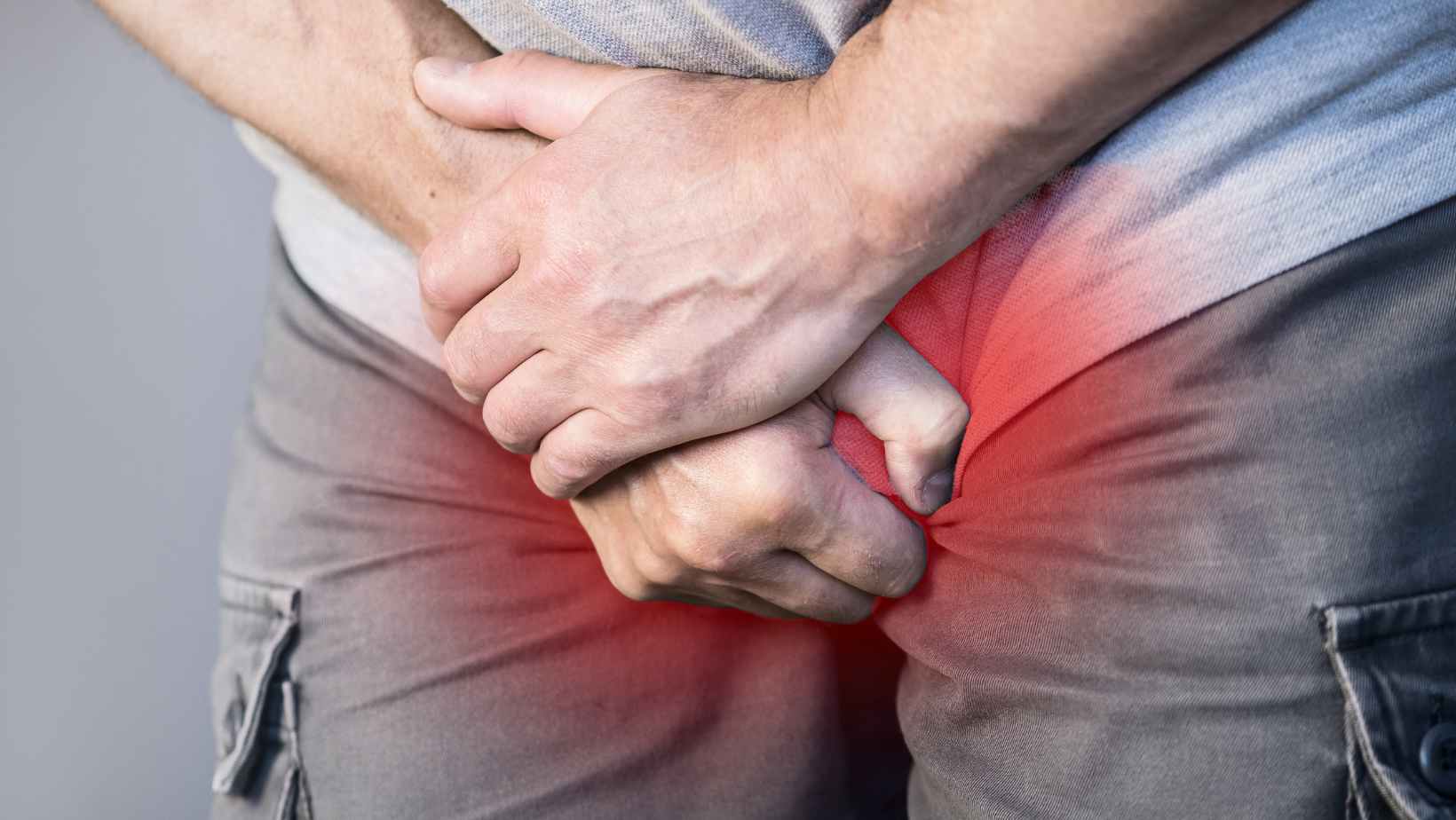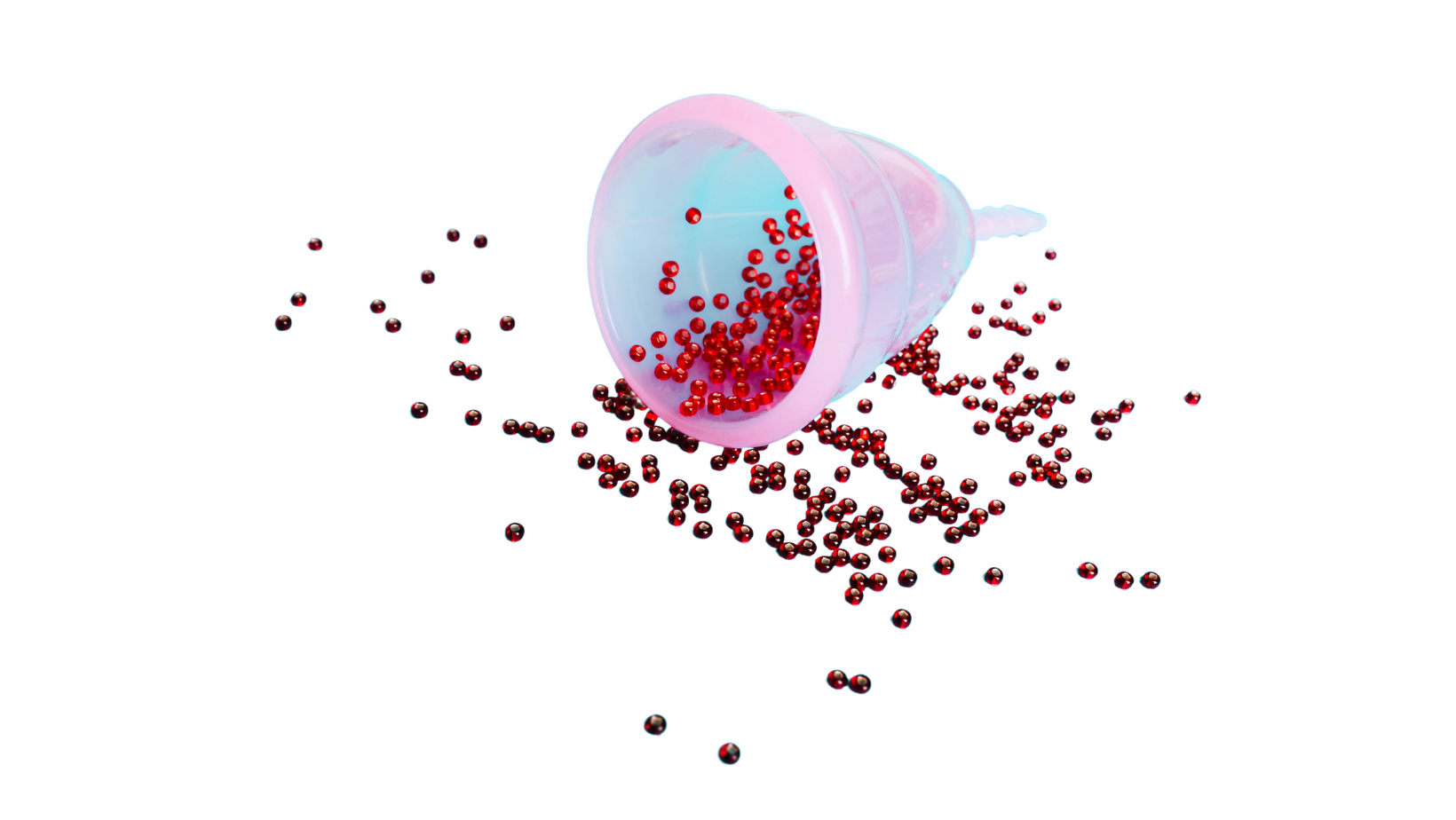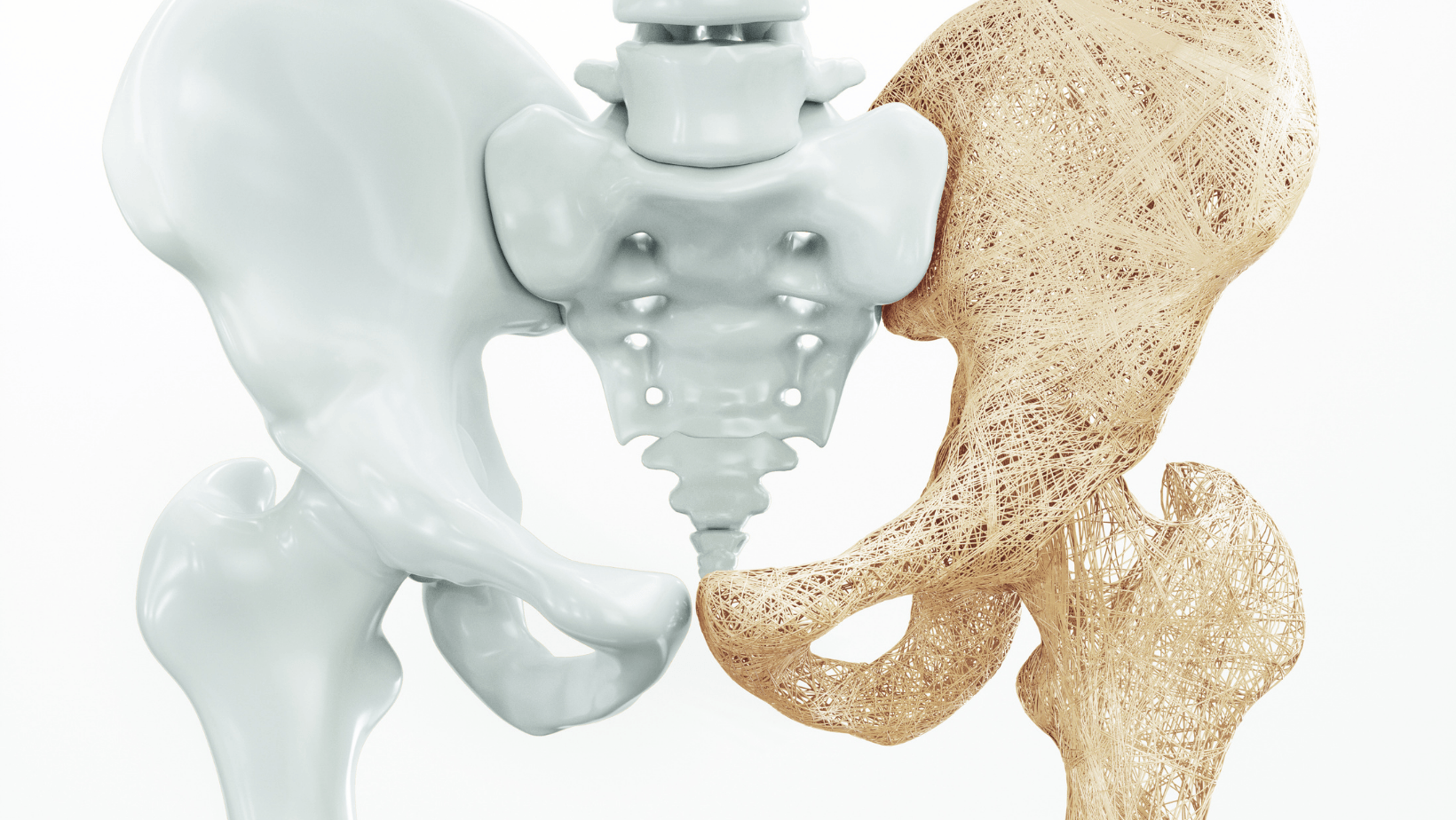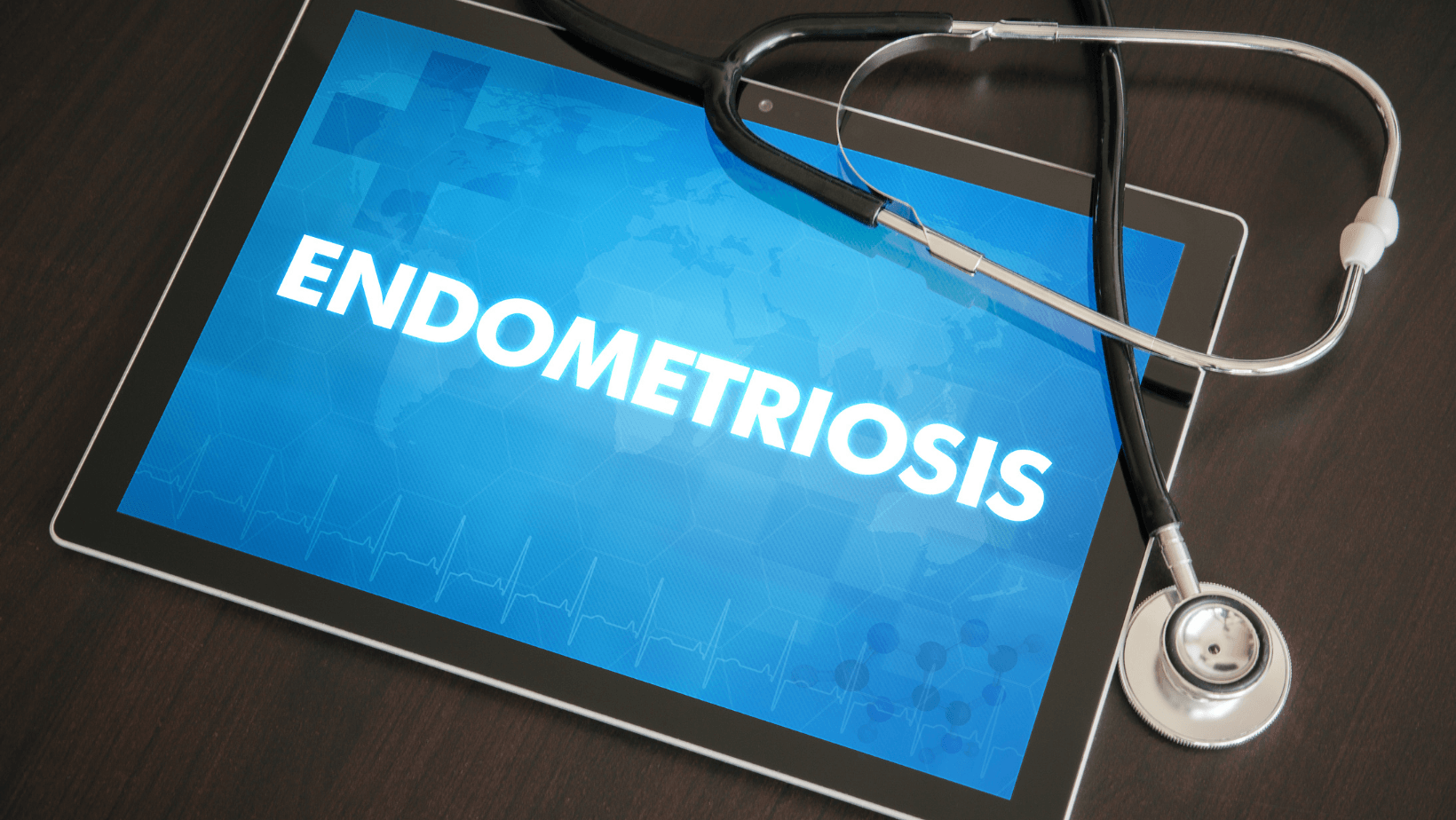Hypothyroidism - Symptoms and Treatment - Avicenna Health
What is Hypothyroidism?
What causes hypothyroidism?
- Autoimmune disease: In certain people, the immune system, which helps protects the body from different microscopic invaders, mistakes the thyroid gland as a foreign body and attacks the gland. This autoimmune dysfunction can cause the gland to stop functioning properly.
- Surgical removal of part or all of the gland: In some cases, individuals undergo surgery to have their thyroid gland removed for other medical reasons. However, this can cause insufficiency of the hormones that are typically released by the thyroid.
- Radiation treatment: Some individuals get treated by radiation for other medical conditions. The radiation can destroy the thyroid gland and decreases the hormones typically released by the gland to decrease.
- Congenital hypothyroidism: some babies are born without a thyroid gland present or have their gland located in the wrong place. Some babies have their thyroid cells or enzymes not function properly.
- Thyroiditis: Can occur when the thyroid gland gets inflamed. The inflammation can occur for a variety of different reasons. Still, the outcome results in the gland releasing the stored amount of thyroid hormones into the blood all at once, causing the thyroid to be overactive for a while and then dormant.
- Medicine: Certain medicines such as lithium, amiodarone, and interleukin-2 prevent the thyroid gland from making proper amounts of the thyroid hormone, resulting in too little thyroid hormone in the blood.













